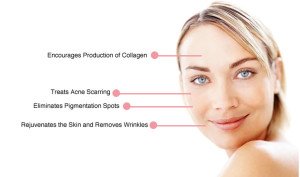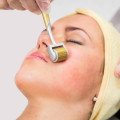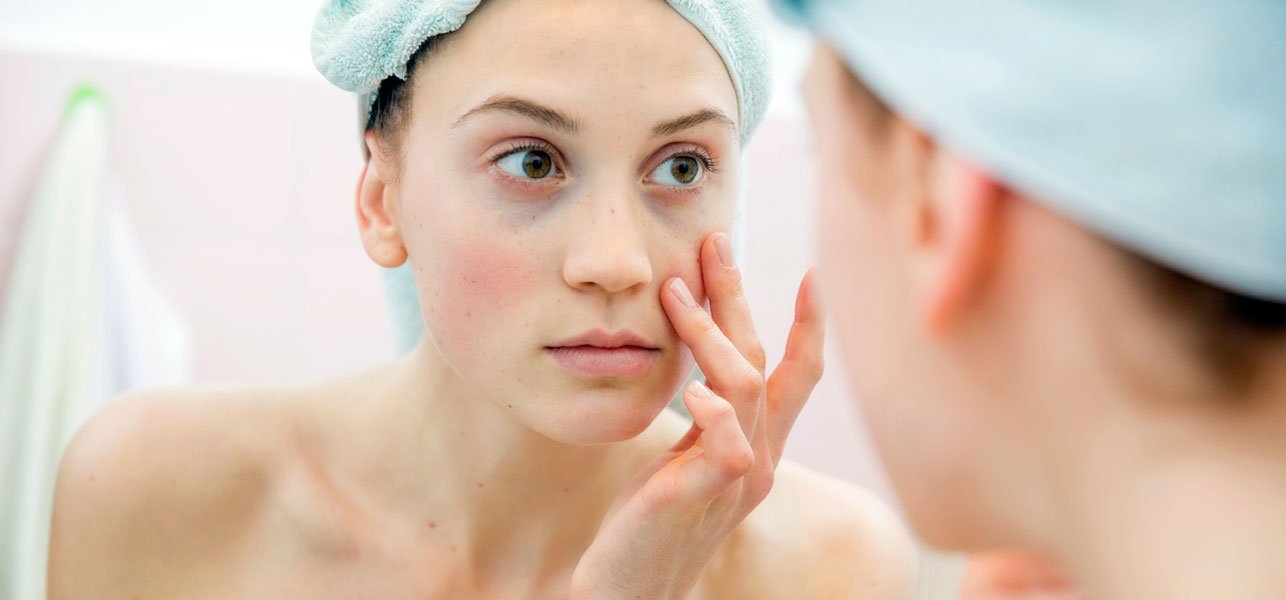Is there any risk of getting depigmentation that will cause an uneven distribution of your skin tone?
Maybe you are wondering whether or not dermarolling therapy suits your skin type. If you have an ethnic skin, will you not have any problem in the future in case you try it out?
So, will dermarolling therapy works for your skin?
If you have an ethnic skin you may have a higher risk of acquiring complications than lighter skin. You may also be predisposed to prolonged recovery period particularly if you use the traditional methods of skin resurfacing procedure such as laser therapy, chemical peels and dermabrasion.
These dermatologic methods are effective but for ethnic skin types, there may be increased risks. The possible complications may include scarring and dyspigmentation which may result from unsatisfactory outcome. [1] In lieu of this, microneedling with dermarollers is a new and emerging technique that is being considered as a possible alternative to address these limitations.
As compared with the traditional skin resurfacing procedure, this new technique has more safety profile particularly for ethnic skin population. So far, among the conventional resurfacing procedure, dermarolling therapy has been proven to be more effective in addressing the problems in this population. It targets wide array of dermatologic conditions including:
- Acne
- Melasma
- Scarring
- Melanosis
- Skin Rejuvenation
- Skin aging
- Wrinkles
- Fine Lines
- Primary hyperhidrosis or excessive sweating of the hands, armpit, feet and groin area.
Thus, a lot of study has been done to assess the safety and efficacy profile of dermarolling therapy on various skin colors. 1 They found out a promising outcome for ethnic skin type particularly among Asian skin. In a study, they found the results to be satisfactory and there were no any noted peculiar side effects among the volunteers. [2]
An added value to the treatment is that it is relatively cheap and simple to perform. 2 It has also less downtime so the patient can get back to work a day after the treatment.
What Your Dermatologist Have to Say with the Treatment?

Beautician performs a needle mesotherapy treatment on a woman’s face
When a new treatment modality is supported and recommended by dermatologist, it means one thing – it is really safe and effective. Most dermatologists have positive views when it comes to dermarolling therapy. In fact, they have seen a lot of positive results even in darker and or the ethnic skin types.[3]
Dermatologist observed minimal post-inflammatory hyperpigmentation even to patients with darker skin complexion. This just means that the effect is individualized and on case to case basis. Although, hyperpigmentation is a common issue, it may or may not be evident to some.
Why Ethnic Skin Types are Prone to Post-inflammatory Hyperpigmentation?
One of the common problems encountered by people with ethnic skin is having a pigmentation on the skin. It is common for both men and women of Native or Latin American, Asian and African background. Although, having a brown skin has many advantages considering that they have more melanin cells which protect them under the heat of the sun and it also helps slows down the process of aging.
But, having a brown skin makes them more susceptible to skin discoloration which is a cause of physical and psychological distress. Some patients may not feel confident to socialize with other people because they are ashamed of the pigmentation and scarring. Some are too anxious of getting noticed by their friends and officemates.
As you can see, some of the ethnic skin types may have more melanin cells in their skin. Melanin is a chemical that determines what will be the color of your skin. If you have more melanin, the darker your skin will become.
Sometimes, there are some skins resurfacing procedures that may over stimulate or damaged the melanin. When this occurs, the affected melanin cells may produce too little or too much melanin. If your skin produces too much melanin, it may create dark spots in the skin or patch-like skin lesion. When the skin produces too little, it may cause lighter patches or spots.
If these things appear on your skin, it can be unsightly. You may have an uneven distribution of your skin; some have darker spots while others have lighter spots. This is where depigmentation occurs. Sad to say, these skin problems are more commonly and easily observed among patients with ethnic skin.
There are many possible conditions that may cause these discoloration, these includes:
- Melasma
- Post-inflammatory hyperpigmentation
So, how does dermarolling help?
Dermarolling therapy is an effective treatment for all skin types and or all skin colors. Unlike other dermatologic treatment modalities, there are lesser side effects of hyperpigmentation and scarring. This is particularly very helpful among patients with an ethnic skin color particularly Asians, Africans, and Native or Latin American.
So, if you are still wondering whether dermarolling therapy is good for you, even if you have an ethnic skin. The answer is – Yes! Studies have shown that it is proven to be safe and effective even in darker or brown skin types.
You may have an increased risk of hyperpigmentation compared with lighter skin, but there are many effective topical creams that can be used to lessen the side effects. Again, these side-effects are only temporary and will resolve after a few days of the dermarolling treatment. As compared with other dermatologic procedures dermarolling therapy has lesser complication and downtime.
Bibliography
[1] Cohen BE, Elbuluk N. (2016). Microneedling in skin of color: A review of uses and efficacy. J Am Acad Dermatol. , 348-55.
[2] Dogra S, Yadav S, Sarangal R. (2014). Microneedling for acne scars in Asian skin type: an effective low cost treatment modality. J Cosmet Dermatol. , 180-7.
[3] Lewis, W. (2014). Is Microneedling Really the Next Big Thing? Plastic Surgery Practice .









Please add your thoughts
Leave a Reply
Want to join the discussion?Feel free to contribute!